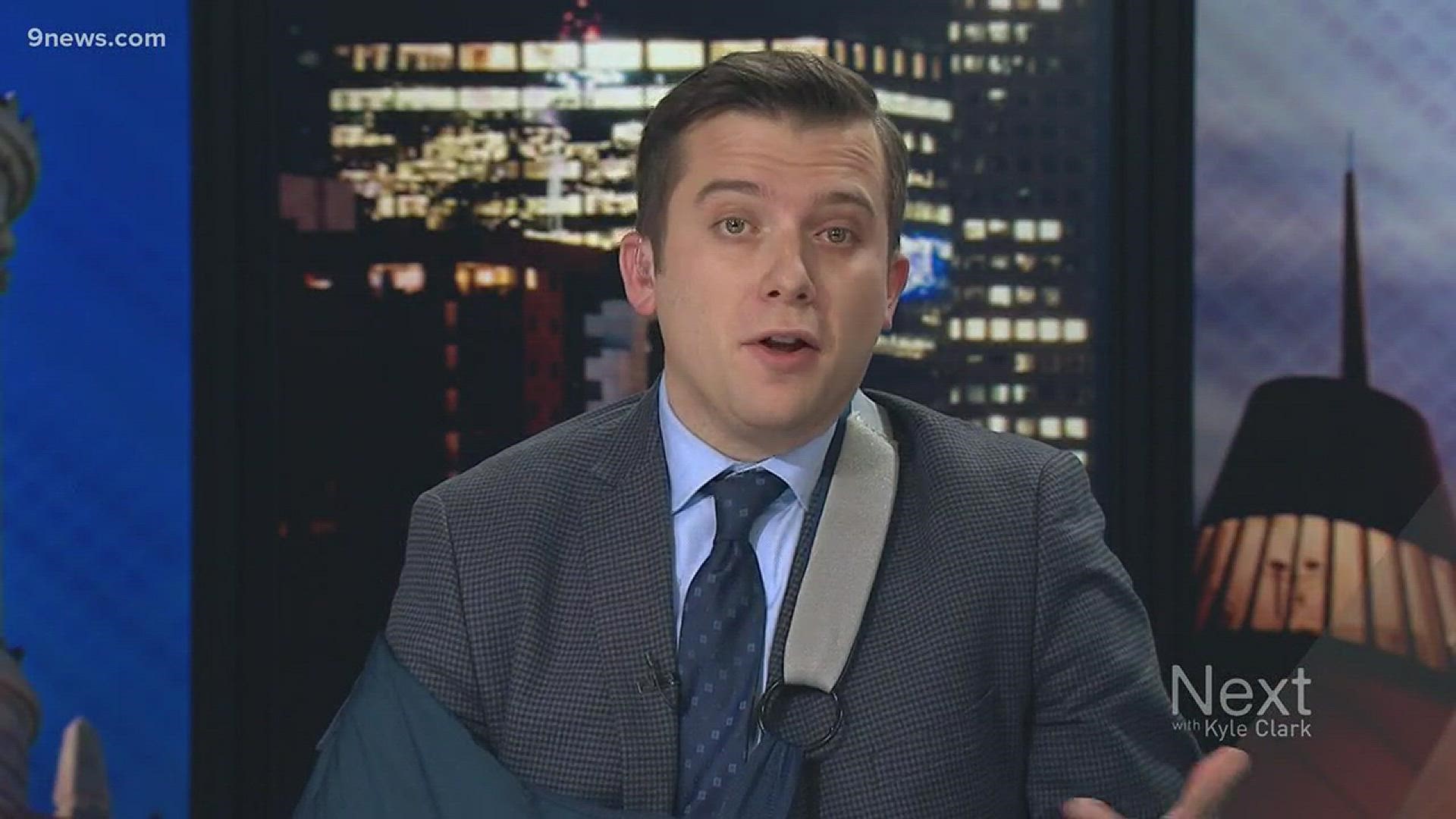DENVER — Two state Democratic state representatives will be presenting a bill Tuesday that could change what job applications look like in Colorado. Its goal is to give people with a criminal history a better chance at landing a job.
The Colorado Chance to Compete Act (HB19-1025) is also known informally across the country as Ban the Box legislation. Rep. Leslie Herod (D-Denver) is one of the sponsors, along with Rep. Jovan Melton (D-Aurora).
"You can't ask if someone has a criminal history on the initial application," Herod said. "Of course employers can ask at other times or run background checks."
The aims to get rid of the box that asks about criminal history, which would give people with a criminal history a better chance to compete with others during the interview process, Herod believes. It would also provide applicants a chance to talk to potential employers face to face and explain what happened.
"The number one factor of decreasing recidivism, which is the likelihood that someone will go back to jail, is their employment," Herod said.
The current version of the bill posted online details what the bill would change:
- Advertising that a person with a criminal history may not apply for a position
- Placing a statement in an employment application that a person with a criminal history may not apply for a position
- Inquiring about an applicant's criminal history on an initial application.
Herod said this wouldn't stop employers from running a background check, and then making the best decision for their business.
"They just can't automatically screen people out," she said.
The bill also comes with exceptions, according to the online version. An employer is exempt from the restrictions on advertising and initial employment applications when:
- The law prohibits a person who has a particular criminal history from being employed in a particular job;
- The employer is participating in a program to encourage employment of people with criminal histories; or
- The employer is required by law to conduct a criminal history record check for the particular position.
"If you are at a childcare facility, school, a bank, things like that, and there are rules and requirements you don't hire someone with a criminal background, you can ask that question on the application, of course," Herod said. "We don't want to add any undue burdens."
But, walking distance from the Colorado Capitol at the National Federation of Independent Businesses, Tony Gagliardi said the bill is just that - a burden.
The NFIB calls itself the voice of small business and advocates on behalf of America’s small and independent business owners.
Gagliardi is the NFIB state director for Colorado and Wyoming and helps represent more than 7,000 small business members in the state.
"There are too many policymakers with the idea that we just arbitrarily throw away the application in the trash can when the box is checked," Gagliardi said. "That is absolutely not true."
Instead, Gagliardi said many of the small businesses he works with already do exactly what the bill's goal is.
"If that box is checked, it gives an opportunity for the business owner and applicant to actually have a dialogue. Oftentimes, it's a non-issue," Gagliardi said. "For those wishing to inquire on the initial application, it's their right."
This back and forth is familiar territory since the Ban The Box bill was brought up in 2016 and 2017. Both times, it was introduced via the Senate and sent straight to the State Veterans and Military Affairs Committee, also known as a kill committee. This is where bills that may not fit into the legislative agenda can be sent.
On Tuesday, the Ban the Box bill will be heard in the Judiciary Committee, which Herod serves as a vice chair. According to house staff, the Speaker of the House assigns bills and the chair of each committee decide when they will be heard.
According to the current version of the bill posted online, if the bill passes, the Colorado Department of Labor and Employment would investigate any complaints. The first violation would be a warning. A second violation would be a civil penalty of up to $1,000 and a third or subsequent violation would be a civil penalty of up to $2,500.
The fiscal note on the bill indicates it would require appropriating $40,186 for the 2019/2020 fiscal year to the Department of Labor and Employment.
Colorado already implemented a ban on the criminal history box in 2012 for state employers.

